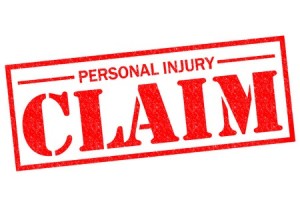
Take the recently decided legal case of a Elvin Pollard, injured when she fell on the basement staircase of a local church. The church was hosting an ushers meeting. Elvin was not an usher; she was there to accompany her mother. In the New Jersey Appellate Division’s unpublished opinion, the court concurred with the ruling of a lower court. Elvin was considered a beneficiary of the church’s works and therefore could not pursue a case against the religious body.
In order to test whether charitable immunity is an appropriate defense, the court applies a couple of tests. The first is whether the organization was ““was engaged in the performance of the charitable objectives it was organized to advance.” The second is whether the injured party was a beneficiary of the works.
As experienced personal injury attorneys, the Law Offices of Anthony Carbone, we are fully familiar that defendants may attempt to use charitable immunity as a defense. Is it always viable? Of course not. Consider the example of the non-congregational member who played Bingo at a local synagogue. A table collapsed and the woman sustained serious injuries. It did not matter that the injury occurred at a religious organization. The injured party was not a beneficiary to the temple’s works.
If you or a loved one has sustained an injury and think someone else is responsible, it is important to seek legal advice. Please contact us for a complimentary appointment to discuss your case.